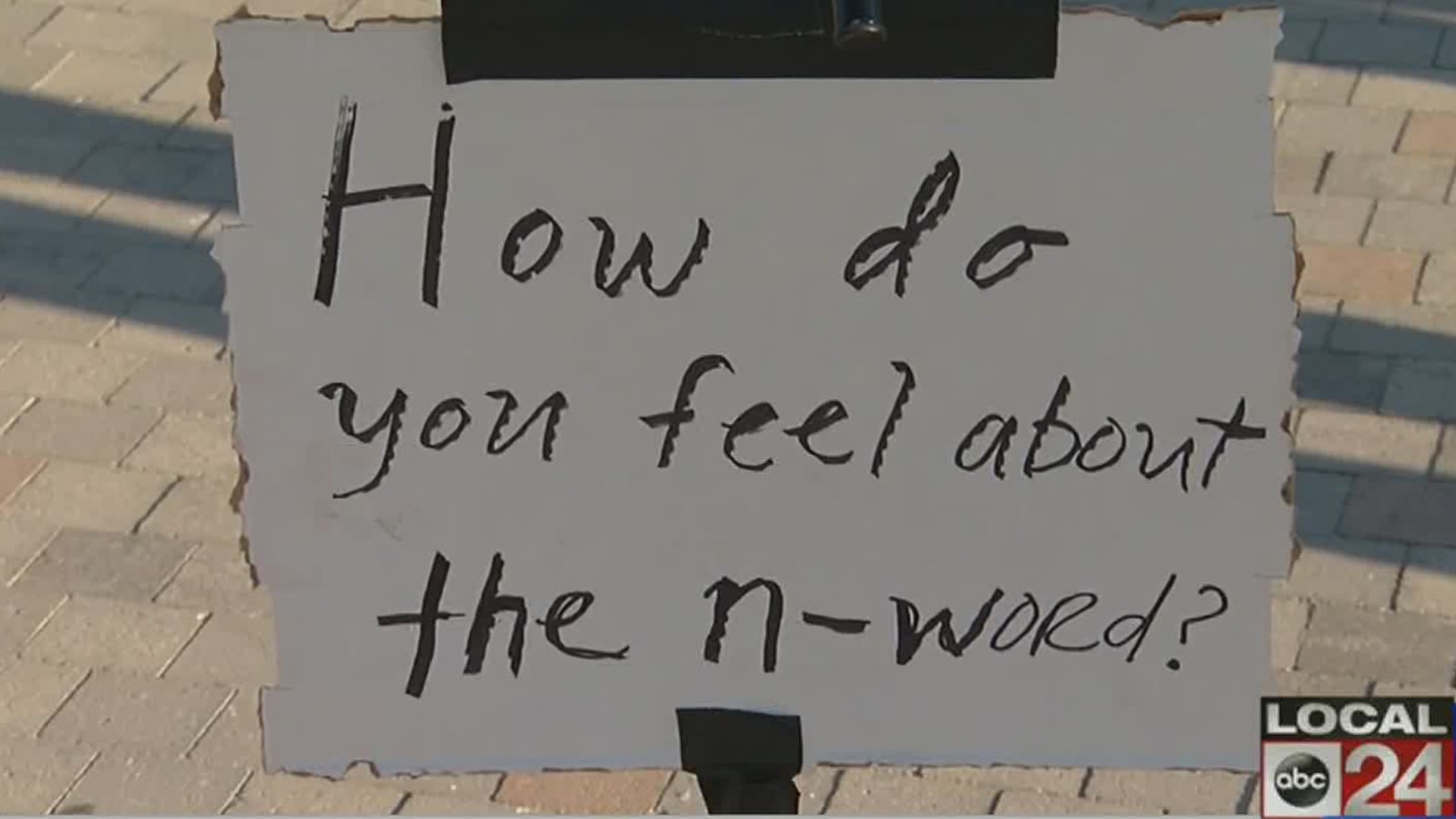MEMPHIS, Tenn. — It’s an insult used against African-Americans for generations: the n-word. But is it just a word or will its roots always overshadow its popularized use today for Memphians?
That is the latest topic in the Local 24 News series called Uncomfortable Conversations.
Some didn’t feel comfortable commenting, but a white father and black mother shared their views.
“I grew up not using that word,” said mother Sherri Serca.
Another family doesn’t use it all.
“Me and my family we can’t say that,” said father Brandon Thixton.
The topic didn’t sit right with a young mother.
“It makes me kind of uncomfortable being asked that question,” said Jennifer Burris.
The n-word has a dark history behind it, steeped in slavery days, with its use against African-Americans.
Reverend Kenneth Whalum Jr. shared the first time he was called the word.
“I had a visceral reaction to it,” said Whalum. “It wasn’t hurt though. It was absolute rage.”
With today’s Black Lives Matter protests shining a light on racially hot button issues, we asked everyday people, what do you think about the n-word?
“I think it’s incredibly dehumanizing and I think that that is frankly, I don’t know, it’s not really my place to answer that question,” said Burris.
Pastor DeVante Hill, who has held numerous protests, also shared his opinion on the word.
“I think that we ought to get rid of the word all together,” said Hill. “We’re trying to move to a new space in our society, then our language has got to change.”
Michael Curtis Jr., who helped DeVante Hill lead Thursday's protest, spoke about the evolution of the n-word being commonly used amongst people of color.
“When you hear a word with the n****r being used so much against you, you’re going to reclaim that word - you’re going to take back that word to yourself and use it as a term of endearment,” said Curtis.
While viewpoints may vary, those who stepped up to the mic say the uncomfortable conversations are long overdue.
“If words could eliminate racism, George Floyd would be alive and so would Breonna Taylor and the endless list of other people who died as a result of racism.”
Whalum also emphasized while a word is just that - a word, what matters is the meaning behind it.

